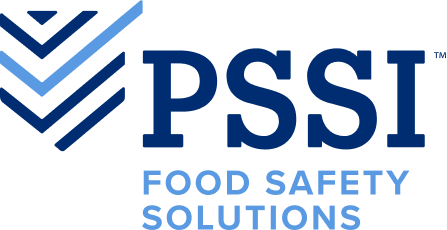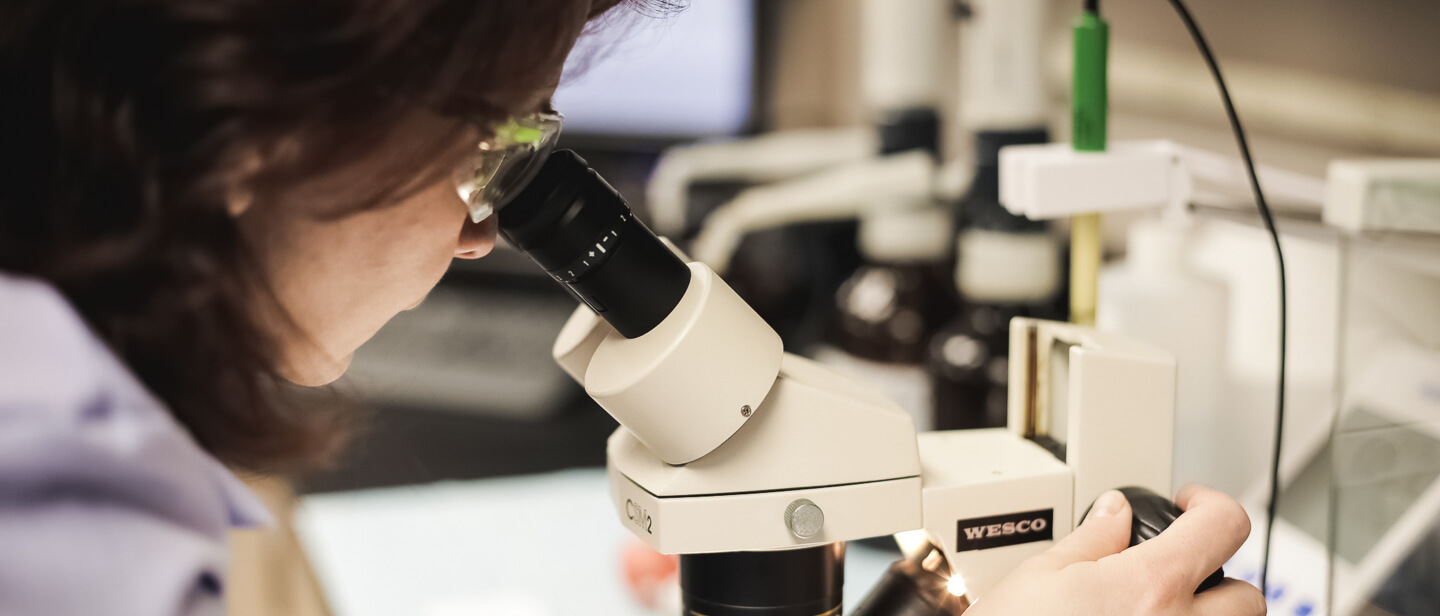As if keeping up with increasing product demand and food safety risks weren’t enough for processing plants to manage, add a pandemic into the equation.
It is an incredibly uneasy time for many businesses across the food service industry. Some plants have been forced to shut down indefinitely, others have reduced production capacity, and many have had to totally reconfigure their operations to allow for greater social distancing.
This crisis has taught us a lot as an industry about adaptability and the value of preparedness, but most importantly it has underscored the role of sanitation.
“This crisis has certainly highlighted the need for expert sanitation and the need for a higher level of focus,” said Josie Greve-Peterson, PSSI Corporate Microbiologist. “It’s also had an impact on how employee safety is viewed.”
Unlike many other sanitation providers, PSSI has its own dedicated team of microbiologists and food safety specialists who work behind the scenes to support the strategic sanitation and microbial mitigation strategies. That team, including Greve-Peterson, was on the front lines proactively leading the COVID-19 response plan for hundreds of processing plants across the U.S and Canada. They worked tirelessly in the early days of the crisis studying data related to the virus and were prepared with specific crisis management recommendations.
The truth is that SARS-CoV-2, the virus that causes COVID-19, is really just another microbe on the list of hundreds of other bacteria and viruses they work to protect against every day. The same chemicals and sanitizers kill it the same way they kill other dangerous microbes. But, it has unique characteristics about how it spreads that have to be managed with a comprehensive sanitation approach.
PSSI’s 8-Step Sanitation process takes a holistic approach to microbial management at all levels, whether it is Listeria threatening the safety of products or SARS-CoV-2 threatening the lives of employees. In the case of the COVID-19 crisis, special attention was focused around certain areas, particularly high-traffic commonwealth areas where additional fogging and misting was recommended to protect against COVID-19 transmission. These are also vulnerable areas where other types of microbes originate and spread. The PSSI team also helped to develop new procedures around strategic air flow exchange in those key areas and strict protocols for employee handwashing and sanitizing stations.
However, the key is that all the sanitation steps were part of a larger sanitation strategy and not a haphazard solution.
“The same principles apply for any type of microbial outbreak,” said Greve-Peterson. “By ramping up sanitation and other hygiene practices, specifically related to COVID-19 and protecting employee health, you are in turn intensifying your cleaning for foodborne illness as well.”
While it’s hard to think about anything good related to the COVID-19 crisis, there is promising data to show that the new habits and behaviors it has created may have an everlasting positive impact on the health and safety of people across the food industry and beyond.
It has also demonstrated the value of strategic sanitation support. Businesses who were prepared with the right experts and specific COVID-19 action plans not only saved significant downtime but may also have saved lives.

